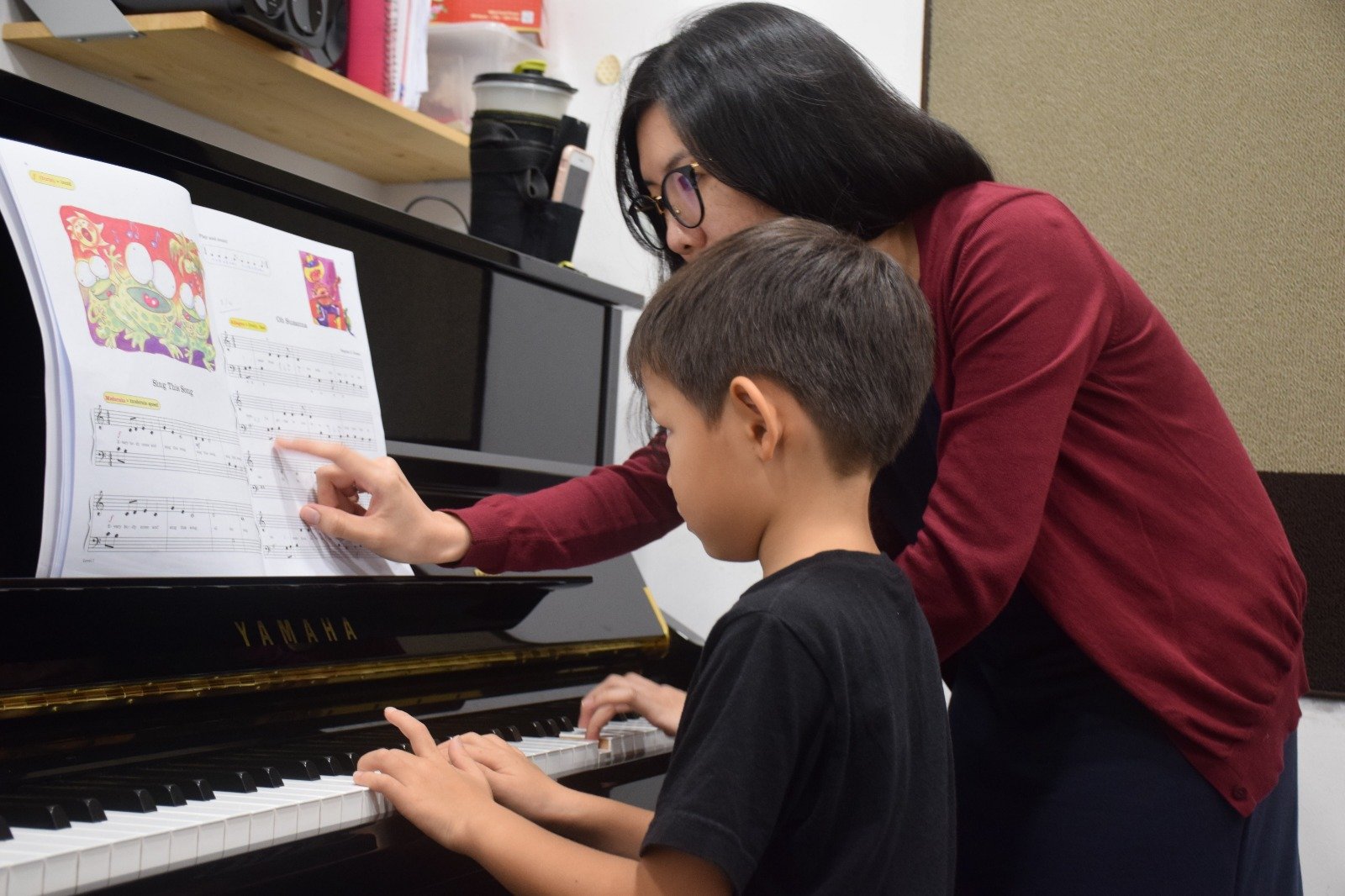Choosing the fitting piano lessons can be a pivotal decision in your musical journey, whether you’re a beginner or looking to refine your skills. With the vast array of options available today, finding lessons that fit your learning style and goals and inspire and motivate you to keep playing is essential. Here are some critical tips to help you make the best choice.
Tips for Selection
Assess Your Goals and Preferences
Are you aiming to become a concert pianist or more interested in playing as a hobby? Understanding your long-term goals will guide you in selecting a program, such as piano lessons at Sage Music, that aligns with your aspirations. Additionally, think about your learning preferences. Do you thrive in a one-on-one setting, or do you prefer the dynamic of group classes? Identifying these preferences early on can significantly influence your satisfaction and success in piano learning.
Research the Instructor’s Background
Your instructor’s expertise and teaching style are crucial to your growth as a pianist. Look for teachers with formal training and extensive experience in both playing and teaching piano. Feel free to ask potential instructors about their teaching methods and areas of specialization. It’s also beneficial to seek reviews or testimonials from other students to gauge the effectiveness and approachability of the instructor.
Consider the Lesson Format
Piano lessons can vary greatly in format. Each format has pros and cons, from traditional in-person sessions in a music studio to online classes that offer flexibility and convenience. Evaluate what works best for your schedule, budget, and learning style. If you need hands-on guidance, in-person classes might be preferable. However, if you travel often or have a tight schedule, online lessons could provide the necessary adaptability.
Evaluate the Curriculum and Teaching Materials
An effective piano curriculum should cover a range of skills, from the basics of music theory to advanced performance techniques. Ensure that the lessons progress logically and structured, providing both challenges and a sense of achievement. Additionally, the teaching materials used can significantly affect your learning. These include video tutorials, practice sheets, and interactive software.
Check Accessibility and Affordability
Accessibility is another critical factor to consider. Lessons should be at a location and time that is convenient for you, especially if you opt for in-person sessions. Meanwhile, affordability must also be taken into account. Compare the costs of different programs and consider what is included in the fee, such as the frequency of classes and any supplementary materials provided. Some teachers or schools might offer payment plans or scholarships to help make lessons more affordable.
Try a Sample Lesson
Many instructors offer a trial lesson, an excellent way to assess whether their teaching style suits you. This is a low-risk way to experience the format, interact with the teacher, and see if the learning environment feels right. Use this opportunity to ask questions about the class structure, practice expectations, and anything else that concerns you. A trial class can provide significant insights into what your learning experience would be like.
Stay Committed and Patient
Learning the piano is a rewarding journey that requires patience and dedication. As you begin your piano lessons at Sage Music or similar establishments, remember that progress may be slow. Stay committed to your practice schedule, and don’t get discouraged by setbacks. Consistent practice is key to mastering any musical instrument. Celebrate your small victories along the way, and always look forward to the next level of achievement.
Selecting the piano lessons, involves more than just signing up at the nearest music school. By taking the time to vet potential lessons and teachers thoroughly, you can ensure that your piano learning experience is both enjoyable and successful. Remember, the right classes will teach you how to play and inspire a lifelong love of music.






